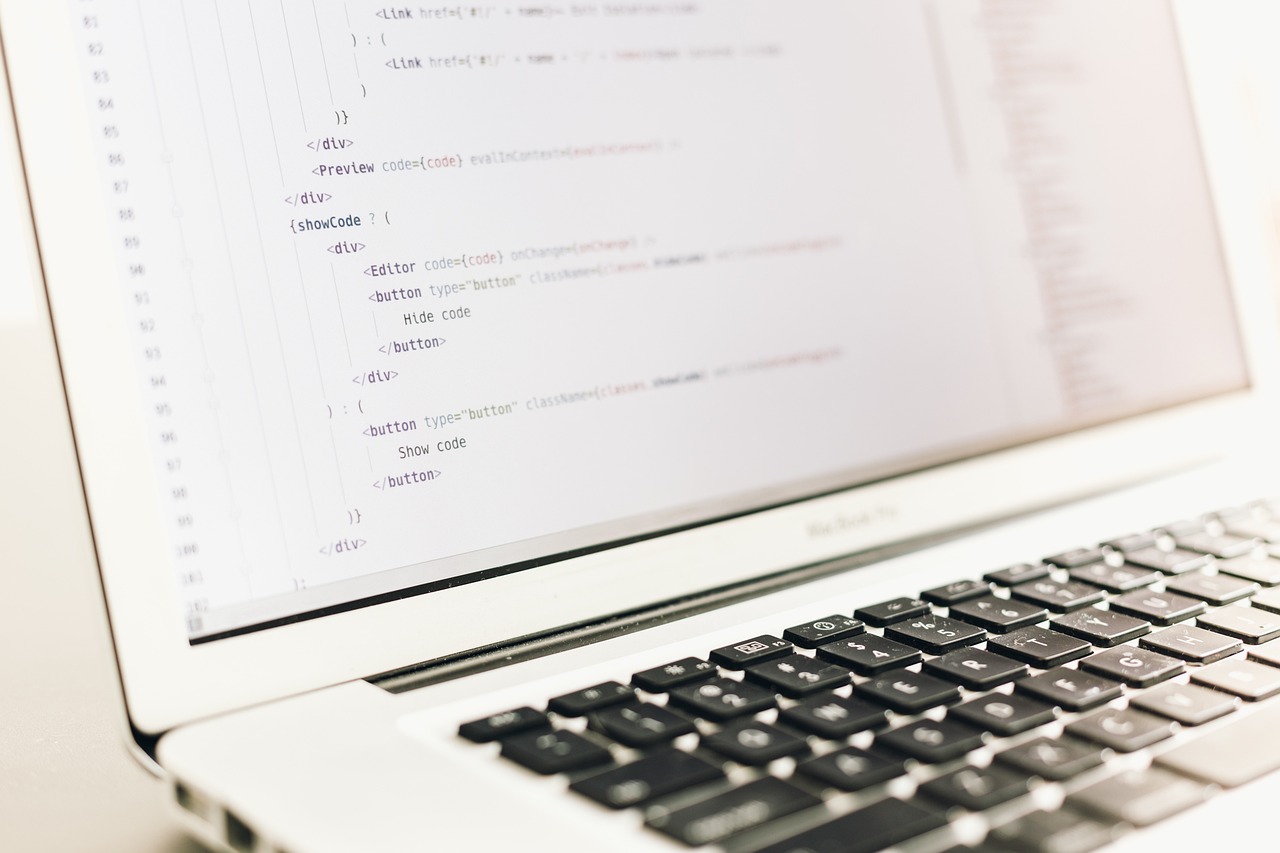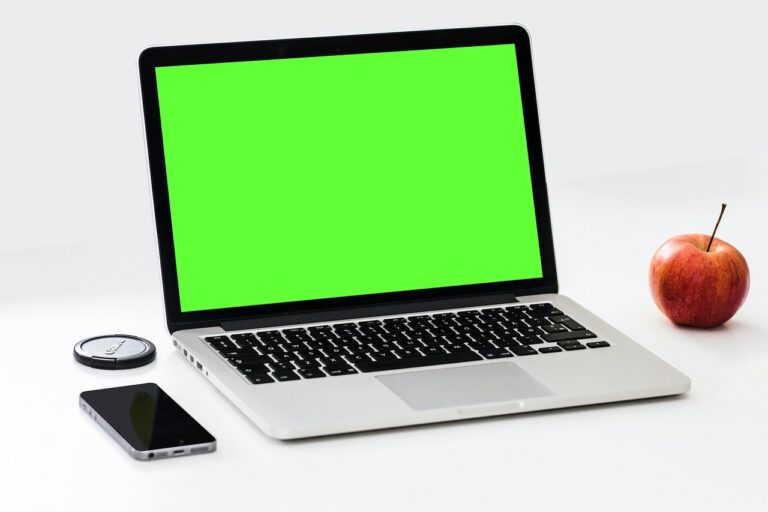The Potential of Quantum Computing in Machine Learning
Quantum computing harnesses the principles of quantum mechanics to process and store information. Traditional computers rely on bits, which can exist as either a 0 or a 1. In contrast, quantum computers use quantum bits, or qubits, which can exist in multiple states simultaneously due to the phenomena of superposition and entanglement. This allows quantum computers to perform complex calculations at a speed that far surpasses classical computers.
One key concept in quantum computing is quantum parallelism, where a quantum computer can perform multiple calculations at the same time. This is achieved through superposition, where qubits can represent multiple possibilities simultaneously. As a result, quantum computers have the potential to solve problems much faster than classical computers, particularly in areas such as cryptography, optimization, and simulations.
Quantum Mechanics Principles
Quantum mechanics is a branch of physics that deals with the behavior of matter and energy at the smallest scales. It describes how particles like electrons and photons can exist in multiple states simultaneously, a concept known as superposition. This characteristic of superposition is pivotal in developing quantum computing, as it allows quantum bits or qubits to achieve a state of both 0 and 1 simultaneously.
Another fundamental principle of quantum mechanics is entanglement, which refers to the strong correlations that can exist between particles even when they are separated by vast distances. When particles become entangled, the state of one particle can instantaneously affect the state of another, regardless of the physical distance between them. This phenomenon is utilized in quantum computing to facilitate faster computations and more robust data processing capabilities.
Difference Between Classical and Quantum Computing
Classical computing operates using bits, which are binary units representing either a 0 or a 1. This digital system processes data sequentially and is built on definite states. In contrast, quantum computing utilizes quantum bits or qubits. Qubits can exist in multiple states simultaneously due to superposition, allowing for parallel processing and complex data manipulation.
Moreover, classical computers use logical gates to perform operations on bits sequentially, limiting their processing capability. Quantum computers, on the other hand, make use of quantum gates that leverage quantum entanglement to enable operations on qubits in a non-sequential manner. This feature gives quantum computers a powerful edge in tackling complex problems and executing tasks at exponentially higher speeds than classical computers.





